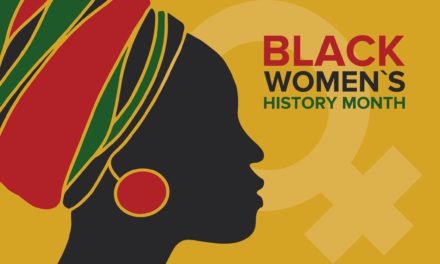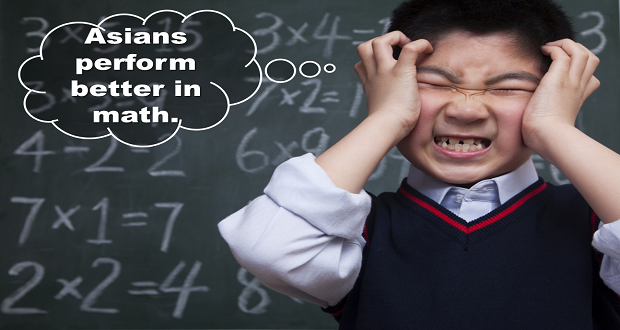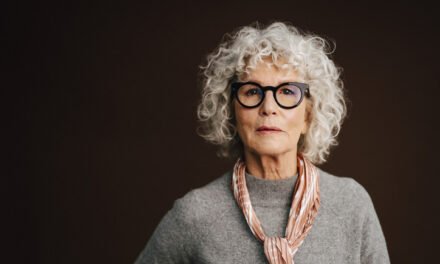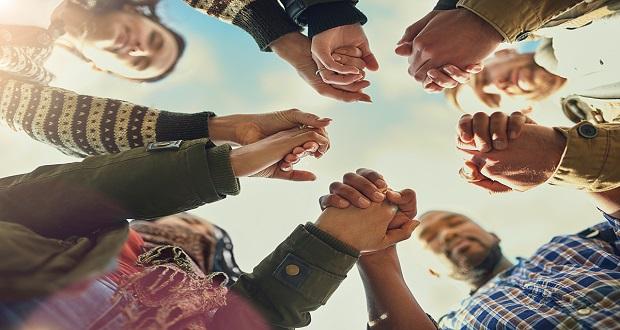
This week, I had the pleasure of attending a symposium at my alma mater, Saint Louis University, dedicated to exploring and unpacking the legacy of Dr. Martin Luther King, Jr. on the 50th anniversary of his assassination. The symposium was called, From Selma to St. Louis: Theology of Martin Luther King Jr., and the Pursuit of Justice 50 Years Later. Keynotes and panels boasted some of the top black theologians in the U.S. speaking on King’s legacy and its implications for our current work for justice, particularly as we trace the movement from the 1950s to Ferguson.
As a former African American Studies and Theology student, who was at SLU in August 2014 when Michael Brown was murdered, this was a moment I had been waiting for – to hear these theologians who I had only read in books wrestle with this complex man, his complex legacy and this current complex moment in history.
Now, as a D&I practitioner working to map an intersection between social justice and this work, I can see that King’s legacy provides not only a roadmap for activism and public theology, but for anyone needing a reminder of what committing to equity actually requires no matter what space you work in—and the costs of falling short of that commitment. His legacy, the legacy of a young 39-year-old preacher, if we remember it correctly, provides a roadmap for all of us in this new era of civil rights.
I want to lift up a few of my key learnings from this symposium in hopes that all of us can be challenged to continue the dream, as Krystle Nicholas so wonderfully expounded on a few weeks ago, with authenticity and with a renewed sense of urgency:
We have collectively misremembered, perhaps even dismembered, King’s dream and legacy.
In the first keynote address, Dr. J. Kameron Carter from Duke University spoke about the ways in which our misremembering of King has allowed us to repeat past wrongs. We remember the King whose dream it was that “little back boys and black girls will be able to join hands with little white boys and white girls as sisters and brothers.” But we don’t remember the King who called for a guaranteed income for all and who protested the Vietnam War – the King who, towards the end of his life, had become more of an enemy to the state than ever before.
We remember a King who won the fight against injustice, not a King who died in the midst of a fight that we have still not won. We remember a King who preached nonviolence, not a King who understood violence as a product of a racial system of control that in many ways still exists.
If we remembered these Kings, we would no long dismember his legacy. If we remembered these Kings, we wouldn’t appeal to his quotes in protest of Kaepernick’s protests. We would see the echoes of “I AM A MAN” signs in “Black Lives Matter” signs as evidence that we continue to ignore some people’s humanity. We wouldn’t celebrate him nationally without working to end police brutality and poverty. We wouldn’t celebrate him without also criticizing the ways in which we as a nation have failed to continue his dream and continue to perpetuate violence. So, how do we right this dismemberment of the dream?
If we are to honor King’s dream, we have to live into our interconnectedness.
In his Letter from the Birmingham Jail, King famously wrote, “Injustice anywhere is a threat to justice everywhere. We are caught in an inescapable network of mutuality, tied in a single garment of destiny. Whatever affects one directly, affects all indirectly.” During one of the panels, we were challenged by Dr. M. Shawn Copeland of Boston College to take these words not just as an affirmation of one humanity but as a deep truth about how we are to live. If we take these words seriously, if we were to truly live into our “single garment of destiny,” than our actions as individuals, as communities, as organizations, and as nations might look entirely different. We may have to face injustice head on, and the ways we have perpetuated it, rather than avoiding our connections, especially the exploitative or oppressive connections, to our “others”.
This is the work we talk about all the time in Diversity and Inclusion work– building connections with our cultural “others”. This is the work around creating spaces where people can be their full selves and where we own our similarities and differences. And yet, how many of us do this with an intentionality? How many of us, while we are building these connections, see it as a form of resistance against the injustices that tear us apart? If we saw it that way, would our work be more urgent? Would we fight harder, and be more willing to sacrifice for it? Speaking of sacrifice…
King’s legacy is one of sacrifice, and continuing it requires sacrifice as well.
Although we remember King as a Civil Rights hero, we do not always remember King as a radical and a revolutionary who sacrificed his safety, the safety of his family, and sometimes the respect of his peers, in order to say and do the things he felt were right.
While we may not all be called to be out in the streets or to be preaching from pulpits, but it is worth asking, no matter who we are or what we do, what are we willing to sacrifice for? Who are we willing to sacrifice for? To reach equity, we have to at least sacrifice the idea that we already live in an equitable country. We have to at least sacrifice the idea that we are innocent in systems of inequity. But again, what do you stand for? What are you willing to sacrifice for that dream?
Overall, the symposium created a space to be critical, to be hopeful, and to be collaborative, and I hope that we can all find spaces in our communities and in our workplaces to do the same. In fact, we must. Let’s remember King’s legacy well, live into our interconnectedness and commit to the things we stand for, even when, and perhaps especially when, it requires sacrifice.


















